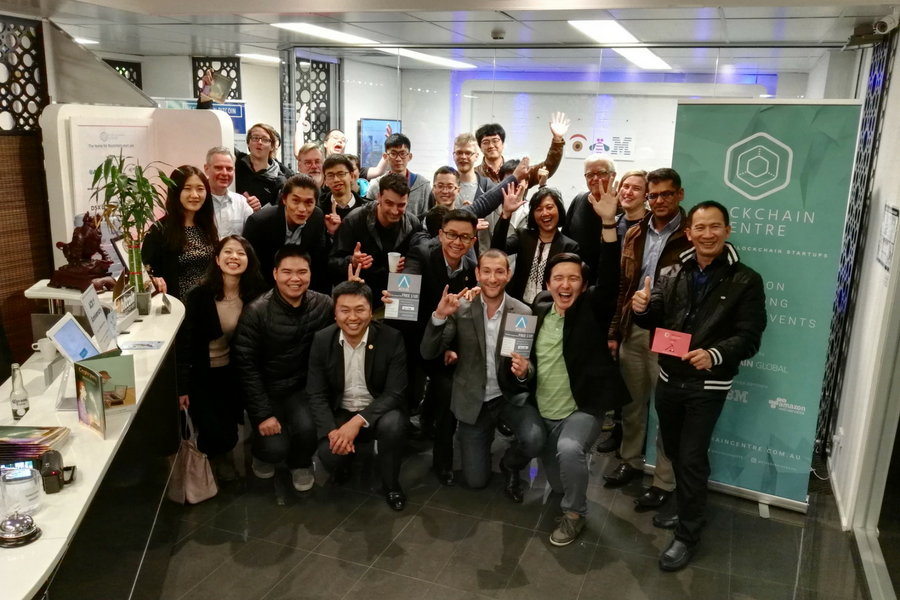With interest in blockchain currently at an all-time high and making its way into the mainstream, Melbourne’s Blockchain Centre, a coworking hub for startups working in the blockchain technology and cryptocurrency space, has launched incubator program Block Engine.
Set to kick off in mid-February, the 10 week program will take on five startups and connect them to business mentors and experts in the field of blockchain before a demo day. With two intakes planned to run each year, the program will not take equity.
Martin Davidson, CEO of the Blockchain Centre, said the program wants to help early-stage blockchain startups access knowledge, expertise, and resources from a dedicated blockchain knowledge hub.
“We know that the worldwide adoption of blockchain technology is skyrocketing and it’s only a matter of time until it reaches its full potential. Through Block Engine, we believe we can help early stage blockchain startups better understand their ideas and importantly, purpose and potential in disrupting how we do business and live in society today.
“With over 4,000 people in our thriving ecosystem, startups will able to access a network of talented entrepreneurs, mentors and investors at their fingertips.”
Founded in 2014, the Blockchain Centre is now home to more than 20 startups in Melbourne, and has also opened up international arms in Shanghai and Kuala Lumpur.
In looking to further build out its community, the hub recently inked a handful of new partnerships, signing on DigitalX, an ASX-listed firm providing advisory services around initial coin offerings (ICOs) and bitcoin exchange platform ACX.io as corporate partners, and cryptocurrency hardware wallet provider Coinstop as an industry partner.
The Blockchain Centre had also last May signed a year-long partnership with IBM aimed at fostering the development blockchain startup community in Australia.
As part of the partnership, IBM has gained access to the coworking space, with a number of the company’s developers holding office hours at the space.
Amanda Johnston-Pell, chief of startups at IBM Australia and New Zealand, said at the time that the aim of the collaboration is to help local developers and startups build solutions that will solve real business problems across industries.
Adding to the blockchain expertise in Melbourne, Victorian university RMIT in September announced the launch of the RMIT Blockchain Innovation Hub, a research centre that will work to understand the social science of blockchain, and develop policies accordingly.
Taking researchers from around the globe, the centre is looking to examine the economic, cultural, and social implications of applying blockchain technologies.
The opportunities for startups working with blockchain are growing as the technology gains an increased sense of legitimacy and understanding from established organisations.
The Australian Stock Exchange (ASX), for example, announced in December it is replacing its 20-year old CHESS system, which records changes in shareholding and manage the clearing and settlement of equity transactions in Australia, with distributed ledger technology.
Dominic Stevens, managing director and CEO of the ASX, explained the ASX had been testing the new system for two years and said, “We believe that using DLT to replace CHESS will enable our customers to develop new services and reduce their costs, and it will put Australia at the forefront of innovation in financial markets.”
Image source: Blockchain Centre.




















Trending
Daily startup news and insights, delivered to your inbox.